Tag
#AVL
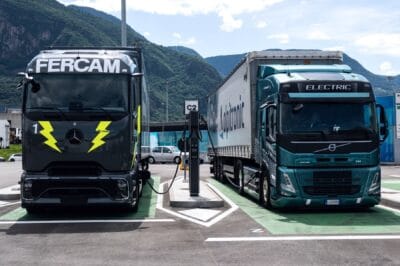
Brennerautobahn and Alpitronic put megawatt charging system into operation in Bolzano
26.05.2025

BatteryPass-Ready develops test environment for battery passports
23.05.2025
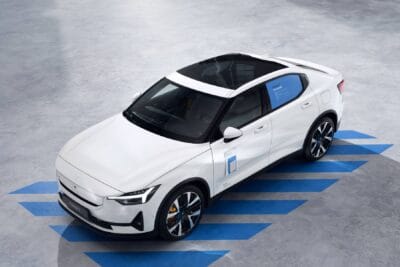
Polestar introduces battery health certificates
07.05.2025
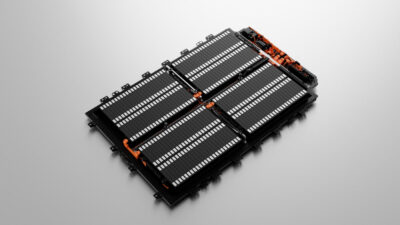
AVL presents digital battery passport
18.01.2025
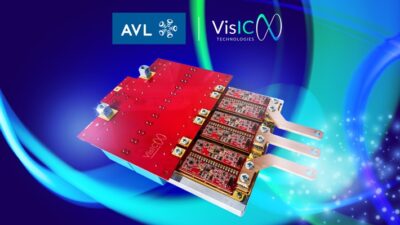
VisIC and AVL are working on gallium nitride inverters for electric cars
12.12.2024
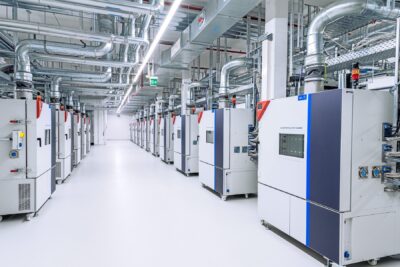
AVL equips PowerCo’s battery testing laboratory
02.12.2024
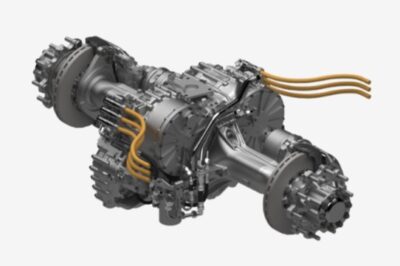
AVL presents new e-axle for long-haul trucks
18.09.2024
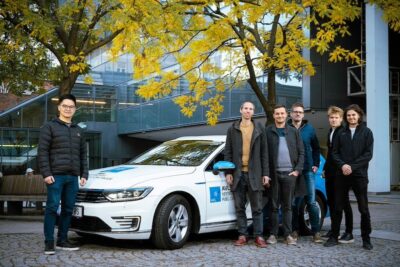
TU Wien is working on predictive energy management for H2 cars
02.08.2024
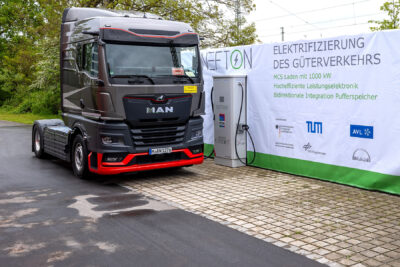
NEFTON project: Plug in, charge megawatts
18.07.2024
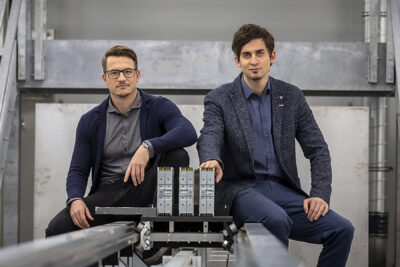
TU Graz receives funding for battery research centre
10.07.2024
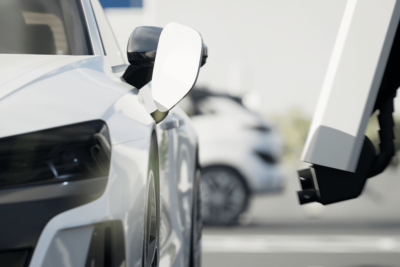
HPC charging robot to demonstrate charging on Audi e-tron
12.06.2024
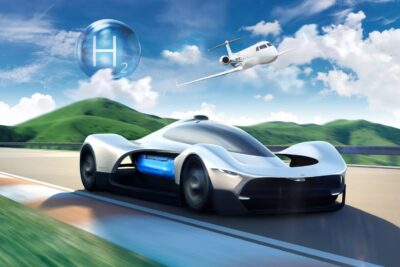
AVL and Red Bull to fine-tune fuel cells for aviation and motorsport
16.04.2024
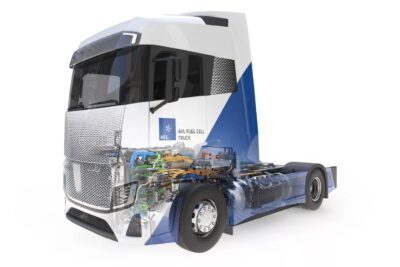
AVL and Spark EV fine-tune energy management system for FC trucks
15.12.2023
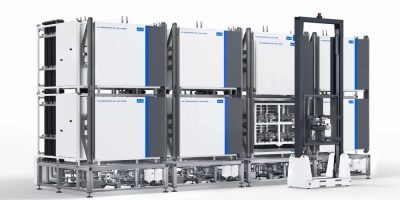
AVL presents new battery cell test system ‘TS ACORA’
07.06.2023
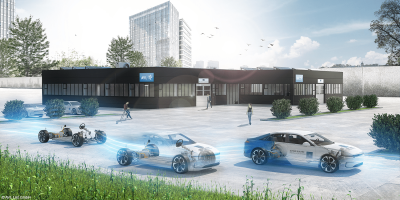
AVL List determines CO2 footprint of batteries
03.04.2023
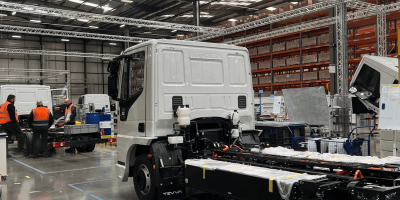
NextETRUCK project to develop more efficent zero-emission trucks
23.03.2023
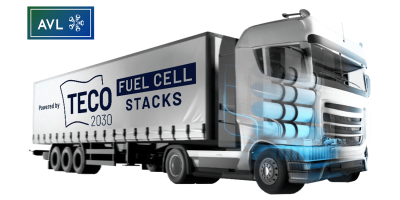
Teco 2030 receives potential fuel cell order from AVL
02.11.2022

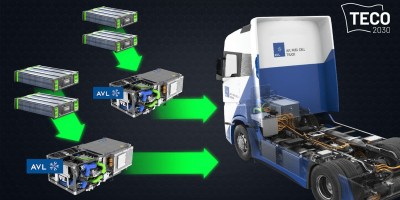
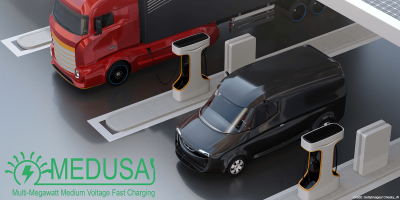
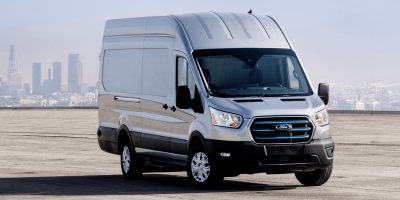
Last commented